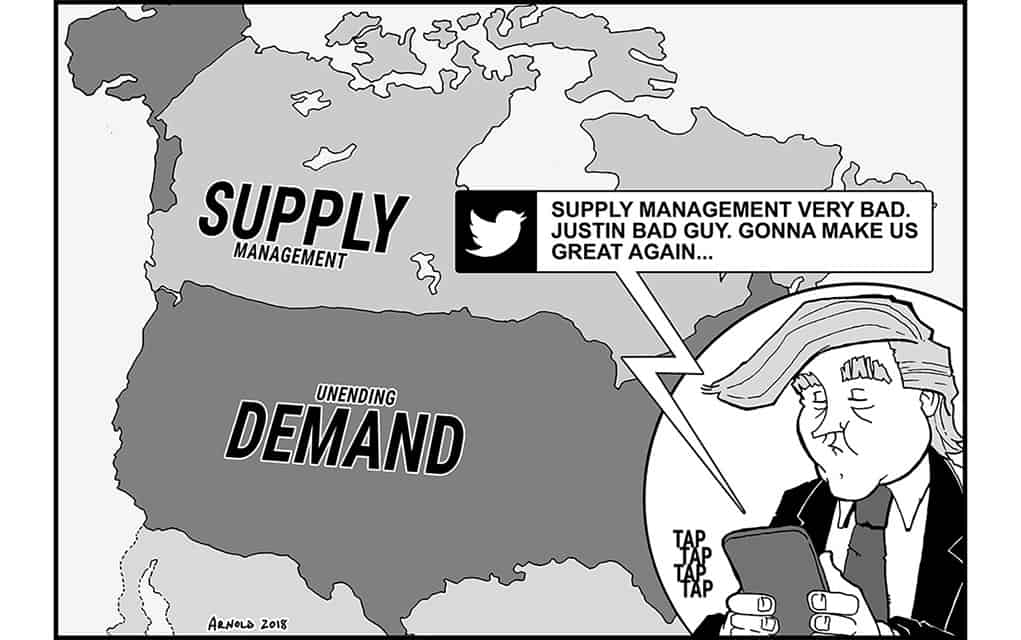;
;
;
Next Article
The View From Here

A self-styled red-tape cutter, Doug Ford should be equally eager to cut corporate welfare in the province. Given the long history of governments eager to hand over money for little or no public benefit, however, it’s best not to hold your breath. Chances are his handouts will reflect Tory considerat
Last updated on May 03, 23
Posted on Sep 06, 18
4 min read
